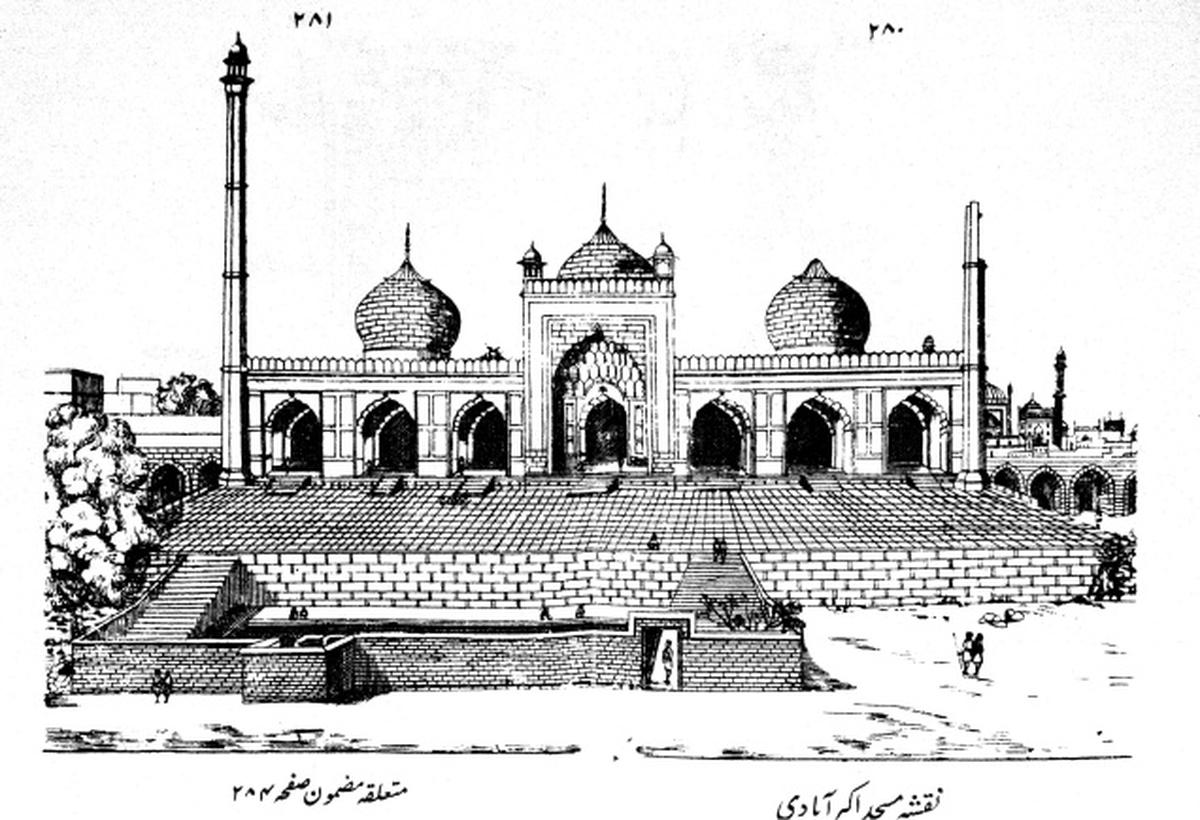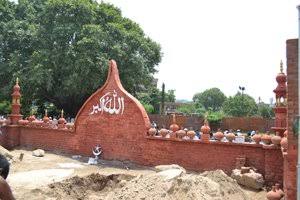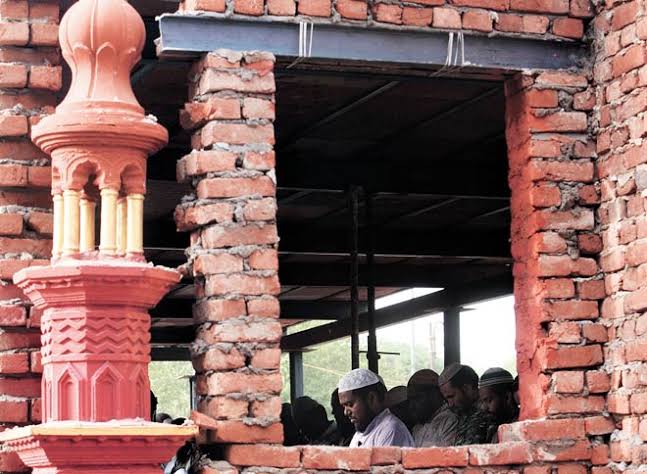


Akbarabadi Masjid was a historic mosque built during the Mughal era in Delhi. It was commissioned by Akbarabadi Begum, one of the wives of Mughal Emperor Shah Jahan, around 1650 AD. Located near the Delhi Gate in what is now known as Old Delhi, it was one of the grand mosques of the time. Key Points About Akbarabadi Masjid: Architecture and Design: The mosque followed the typical Mughal architectural style with a grand courtyard, elegant domes, and minarets. Like other mosques of that era, it would have included intricate stone carvings and calligraphy. Historical Context: The mosque was built during the reign of Shah Jahan, a period known for its significant architectural advancements, including the construction of the Taj Mahal. The Akbarabadi Masjid served as a prominent place of worship and a symbol of the patronage of Shah Jahan’s royal family. Destruction: Unfortunately, the Akbarabadi Masjid was demolished by the British after the failed Indian rebellion of 1857 (also known as the First War of Independence). The British destroyed many Mughal structures in Delhi to suppress any symbols of Mughal authority and reassert their dominance. Modern Day: Today, the mosque no longer stands, but its historical significance remains as part of the rich Mughal heritage of Delhi. There have been occasional debates and demands for the restoration or commemoration of this mosque, though it has not been reconstructed. The mosque's story is deeply tied to the historical transformations in Delhi during the Mughal period and the subsequent British rule.